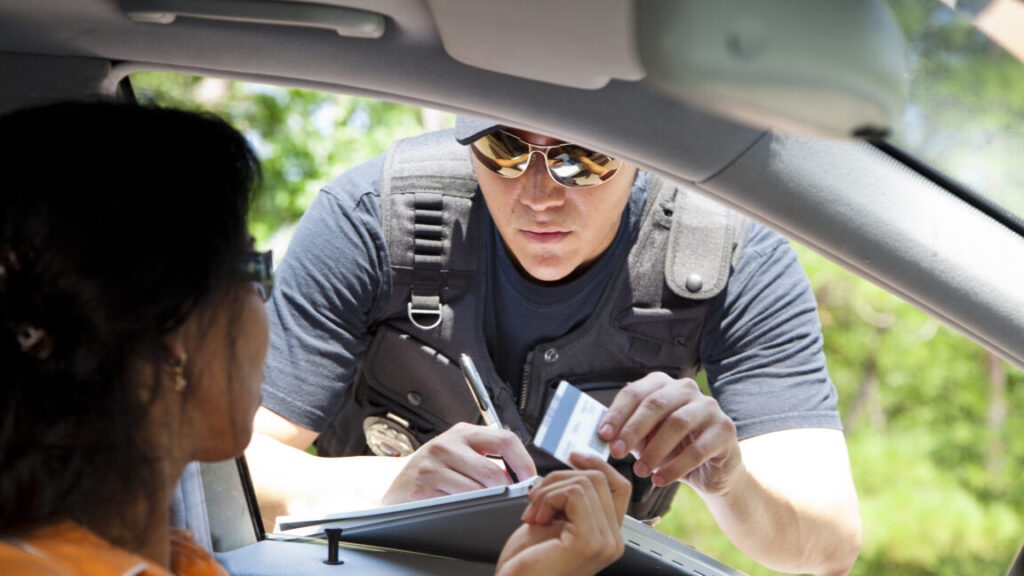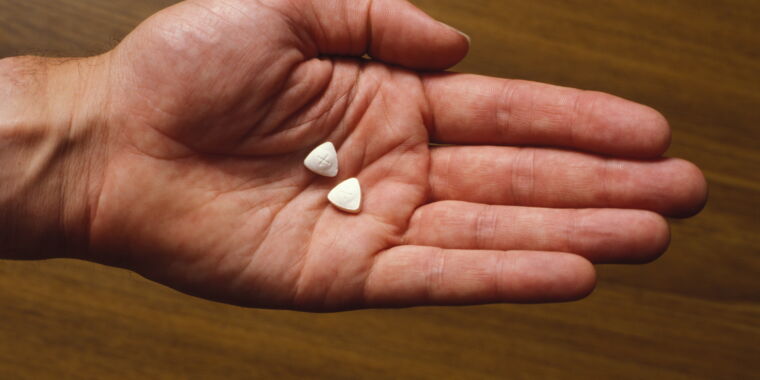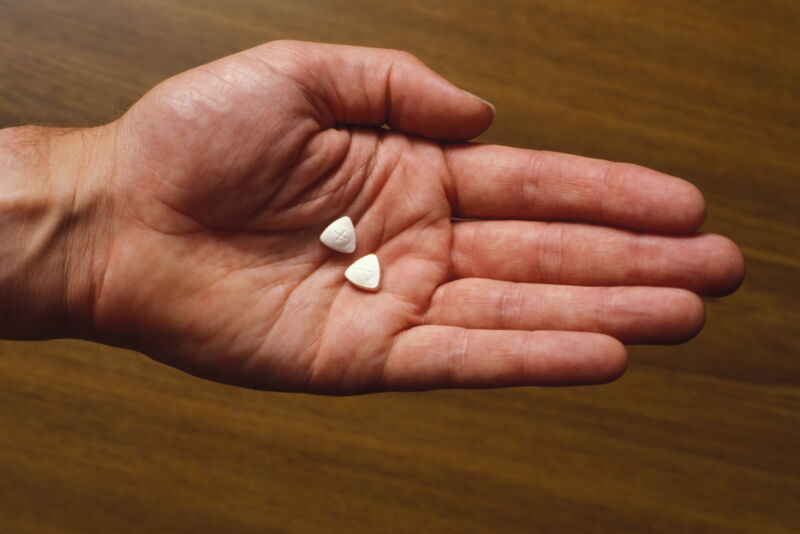Study of Lyft rideshare data confirms minorities get more tickets
Then, the researchers got data on all the speeding tickets issued in Florida and identified the ones belonging to Lyft drivers.
The data showed one thing clearly: Lyft has incentives for its drivers to avoid traffic violations, and they work. “Compared with the general population of motorists, our sample is less prone to speed, especially more than 10 mph over the limit,” the team writes. “As a result, our analysis examines only 1,423 citations for speeding.” While lower than you’d expect, that’s more than enough to do some statistics on the frequency of these citations.
Animus
There’s a lot of confounding factors that might influence whether someone gets pulled over and cited, like their gender, the make of their car, and so on. The researchers handle this in two ways. For one analysis, the researchers themselves chose a set of factors to include as potential confounding influences in an analysis. For the second, they relied on machine learning to determine the factors that would be considered in the analysis. Both approaches led to similar results.
The results clearly reproduced a similar pattern to earlier research. Minority Lyft drivers were about 30 percent more likely to be pulled over and cited for speeding (the two analyses produced results of 24 and 33 percent). Once cited, they were also likely to receive higher fines, either 23 or 34 percent more than white drivers.
The remaining question was why—the police could potentially be acting out of bias, or they could be attempting to deter minority drivers because they are more prone to problematic driving. So, the researchers compared the actual frequency of speeding based on the GPS data and used accidents as a proxy for problematic driving habits. Neither of these showed any significant differences between minorities and white drivers.
So, the researchers are left to conclude it’s simply because of what they call “animus” against minority drivers on the part of the police. And the problems go well beyond the impact of the fines themselves. The researchers note that most auto insurance policy providers give drivers discounts for avoiding traffic violations. Which suggests that minorities face the additional burden of paying more simply for being able to drive with insurance, something that’s legally required by US states.
Science, 2025. DOI: 10.1126/science.adp5357 (About DOIs).
Study of Lyft rideshare data confirms minorities get more tickets Read More »


